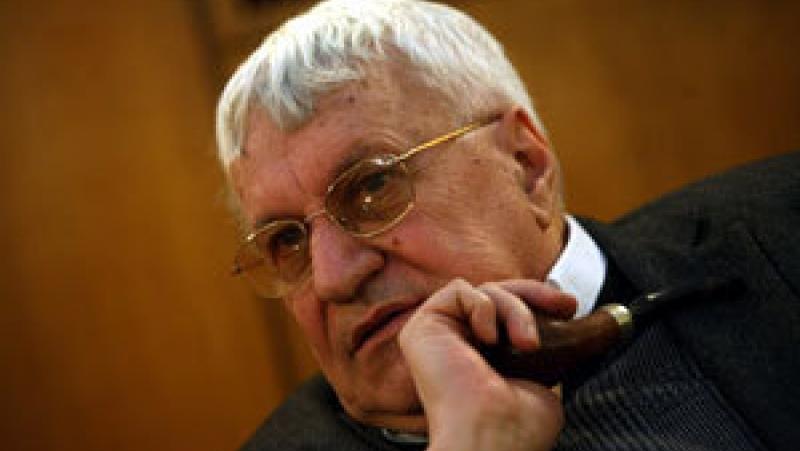The US said it had reopened its embassy in Kiev late last night after it was closed for the day on Wednesday due to the threat of a major airstrike. Such a threat arose after Ukraine used American missiles to strike a target on Russian territory, Reuters reported.
Russia described the US missile strike as an escalation, and Ukrainian military intelligence said Russia was trying to sow panic by spreading false reports on the internet about an impending missile and drone attack.
The US Embassy in Kyiv has resumed its work after the temporary interruption,” US Ambassador to Ukraine Bridget Brink announced on the X platform.
“We continue to encourage American citizens to be vigilant, monitor official Ukrainian sources for updates, and be prepared to shelter in place if an air alert is issued,” she added.
The Italian and Greek embassies announced yesterday that they were also closing. The French embassy remained open but urged French citizens to exercise caution.
#reopened #embassy #Kyiv

Given the diverse responses of Western embassies regarding security in Kyiv, how can a unified diplomatic approach be achieved while respecting individual nations’ risk assessments and security protocols?
## World Today News: US Embassy Reopens in Kyiv – A Multi-Dimensional Discussion
**Introduction**
Welcome to World Today News. We’re joined today by two esteemed guests to discuss the recent temporary closure and subsequent reopening of the US Embassy in Kyiv in light of heightened security concerns.
**Our Guests:**
* **Dr. Anya Petrova:** Professor of International Relations, specializing in Eastern Europe and security policy.
* **Mr. Mark Collins:** Former diplomat and security analyst, with extensive experience in the region.
**Theme 1: Escalation and Retaliation**
* **Dr. Petrova, the US Embassy closure appears to be directly tied to a US-supplied missile strike on Russian territory. How does this incident fit into the larger context of the ongoing conflict, and could it be considered a significant escalation?**
* **Mr. Collins, Russia’s characterization of the US missile strike as “escalation” seems aimed at framing the situation. Do you believe the strike itself constitutes a significant escalation, or is it part of ongoing tactical maneuvers seen throughout the war?**
**Theme 2: Information Warfare and Public Safety**
* **Dr. Petrova, Ukraine accuses Russia of “sow[ing] panic” through online disinformation about a potential missile attack. This highlights the concept of information warfare. How prevalent is this tactic in the conflict, and how effectively can it influence public perception and international response?**
* **Mr. Collins, balancing public safety with preventing undue panic is a delicate issue for diplomatic missions. How do you assess the US Embassy in Kyiv’s handling of the situation, particularly its decision to reopen so quickly despite the ongoing threat?**
**Theme 3: Diplomatic Challenges and International Response**
* **Dr. Petrova, the temporary closure of Italian and Greek embassies, and the French Embassy’s cautionary stance, indicate varying levels of risk perception among Western nations. What factors might be influencing these diverse responses?**
* **Mr. Collins, this incident highlights the complex challenges diplomatic missions face in war zones. What measures can be taken to enhance embassy security and ensure the safety of personnel while continuing to operate effectively?**
**Conclusion**
We’d like to thank Dr. Petrova and Mr. Collins for their insightful commentary. The ongoing conflict in Ukraine poses unique challenges for diplomacy and international relations. As the situation evolves, it’s crucial to keep all perspectives in mind and strive for a peaceful resolution.
We encourage our viewers to stay informed through reputable news sources and continue the conversation on our website and social media platforms.

